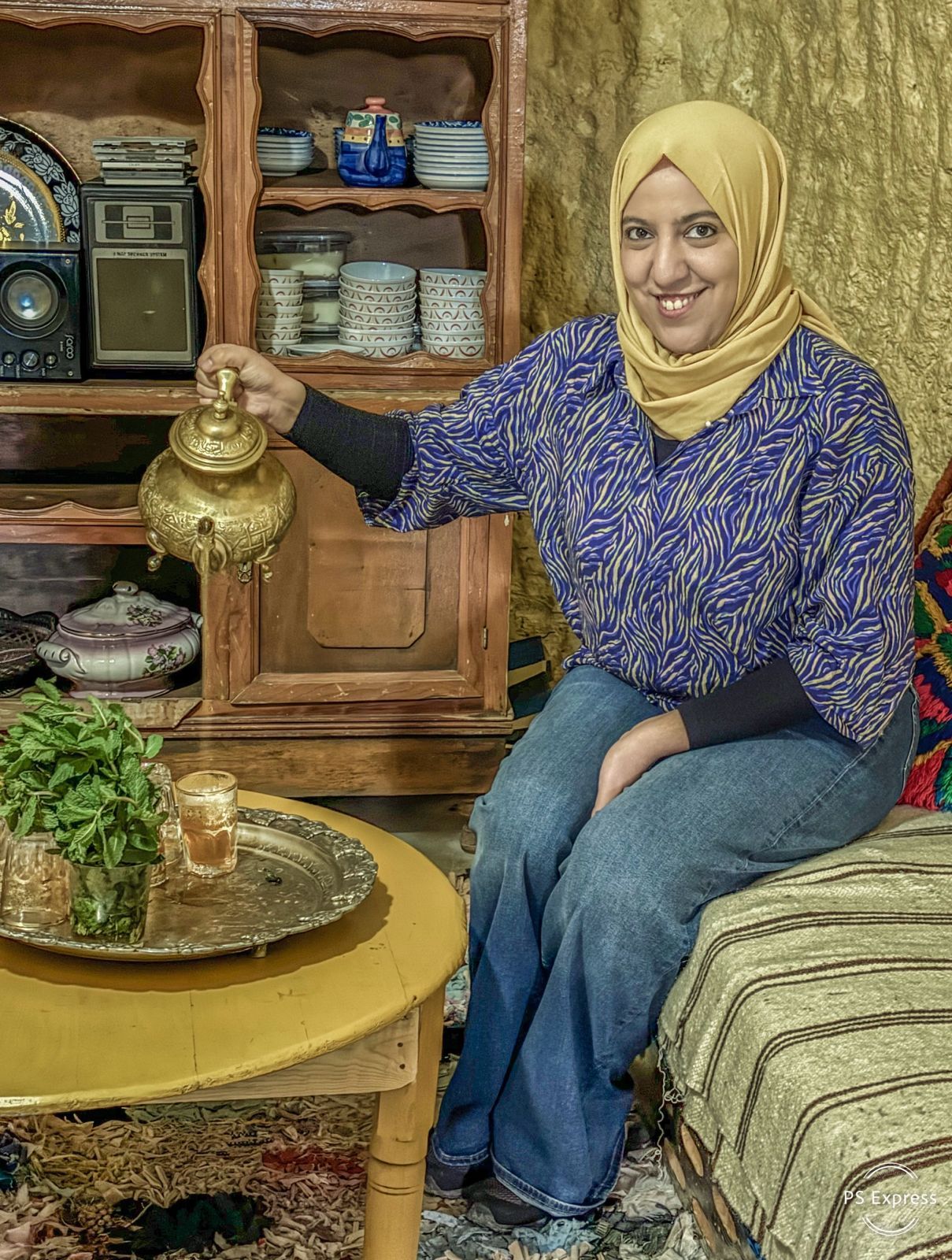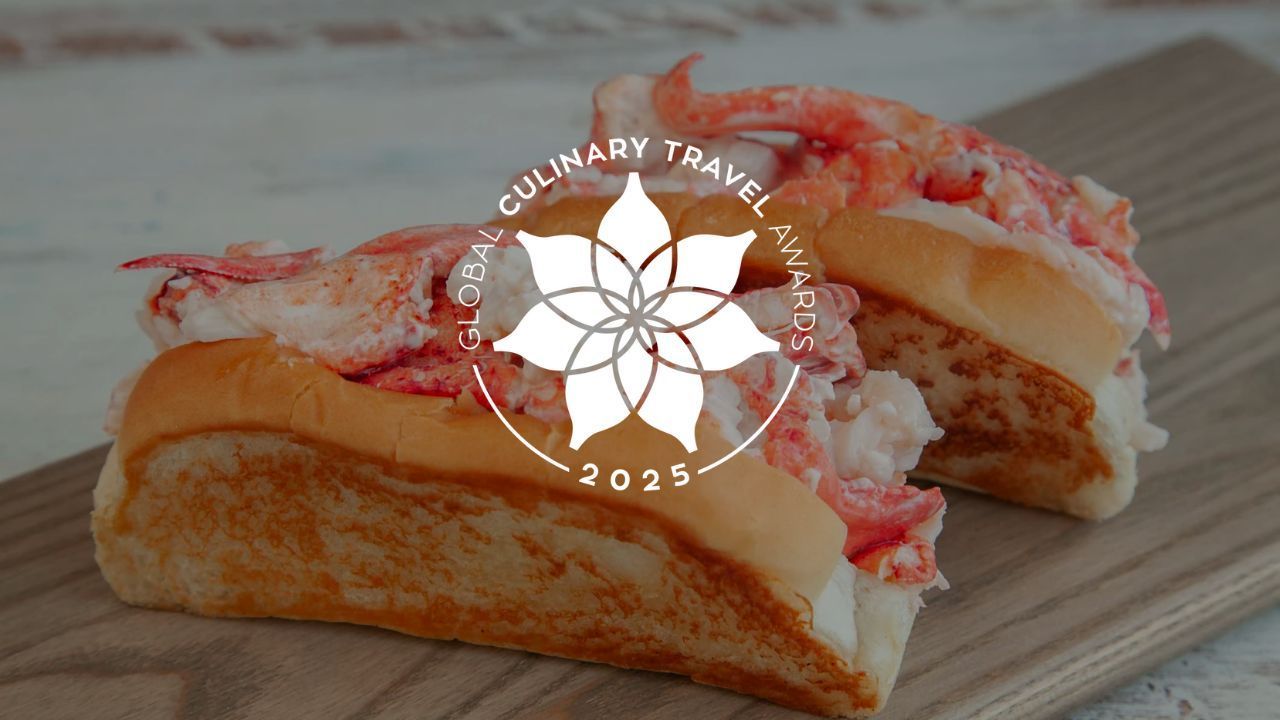The Taste of Place – Taste and Comfort
The global pandemic of Covid-19 hit us like a ton of bricks. Closed borders, advice against unnecessary travel, mandatory quarantine, health and security measures, that for a year ago would have appeared absurd. The world seems up-side-down as we are getting used to a new normality, and the uncertainty is definitely making people think twice before taking a trip or calling to reserve a restaurant table. For the food-loving traveller, confinement may seem the harshest of punishments, although we might have found alternative ways to enjoy food and travelling, all in the comfort of our own home.
Before life threw us the biggest curveball we’ve seen since the last financial crisis, I was dining out or ordering takeaway at least twice a week. Sometimes more, sometimes less, but on average I would say twice a week. For being one of my favourite activities it is not that much. According to statistics from Eurostat , the average spending on eating-out in the European Union was 7% in 2018, more than €600bn. The two top countries, Ireland and Spain spent on average 14,4% and respectively 13% of their total household expenditure on dining out or take-away food. Both the hospitality sector and the tourism industry reported growth in 2019, and UNWTO forecasted another 4% increase in international tourist arrivals for 2020. Regrettably, these numbers have had to be revised for the current year and the UNWTO reported in their latest World Tourism barometer that international arrivals will have suffered a 70% decrease by the end of this year.
So what have we been doing instead of travelling and dining out?
We have been spending large amounts of time at home, and when unable to socialize like we used to, new habits have been introduced. Socializing is a part of our human nature, we don’t want to be alone. As loneliness can produce boredom and insecurity, reports from around the world show that many have been suffering from depression due to quarantine and lockdowns.
Uncertain times make for clever and resourceful ideas. We are not only talking about practical substitutes for toilet paper (why this commodity was the first to be sold out in the supermarkets beats me), but creative inventions developed for communication, education, and even leisure. Communicating over Skype and Facetime with loved ones, school classes taking place online and professional development through distance learning, and even museums offering virtual tours.
However, we have not only searched for innovative ways when it comes to maintaining contact with the outer world. Many of us turned inwards in search of that sense of comfort and security. Home activities such as gardening, reading and especially cooking, peaked during the lockdown as a means for coping with restrictions. We have been cooking as never before, by following Youtube-chefs and by going back to our roots in search for family recipes. Spending time with the family and showing how to make the most of whatever ingredients at hand, Jamie Oliver taught viewers how to #Keepcookingandcarryon in response to Covid.
Several newspapers and magazines have published lists of the “best cookbooks of 2020”, the number of cooking shows and food documentaries on Netflix has grown immensely as we binge-watch “Chef’s table” and giggle as we follow Phil being fed in various locations around the world in “Somebody feed Phil”. The protagonist, Phil Rosenthal, has even started an initiative to encourage people to donate to organizations that “do good through food”, especially for those in need of food and comfort in hard times, such as the covid pandemic.
Food has an amazing way of providing comfort, not only does it settle hunger and allows for pleasurable gatherings, but the activity of preparing food can actually be a meditative exercise as well. Following a recipe and chopping an onion helps our brains to focus on a simple task. It is a way to disconnect from work and also from the outside world. Measuring ingredient quantities, keeping an eye on a boiling pot, kneading dough or even stirring a sauce requires attention. By being fully present and aware of the task at hand, we are practising mindfulness, and mindfulness through cooking has shown to be beneficial for reducing feelings of anxiety and stress. Don’t forget about the feeling of satisfaction and accomplishment upon the completion of a heavenly-smelling, crunchy apple crumble with velvety vanilla custard…
In my kitchen we have during the lockdown produced many Spanish and Swedish classic dishes, typical from our childhood. I did cinnamon buns, meatballs and vegetable soup, essentials from my grandmother’s kitchen. My boyfriend served a “Pollo a la Catalana” and the most perfect Spanish omelette that reminded him of childhood summers spent in his mother’s village. There is something special about reminiscing over food and taste, and to be immediately transported back to your childhood or a specific food memory that brings out emotions.
One of my first baking memories is of standing on a stool in my grandmother’s kitchen in order to reach up to the counter to brush the cinnamon buns with the beaten egg and later drizzle the nib sugar – I was three years old. Today I don’t need a stool to reach, but it is the first thing that comes to my mind when baking the recipe, just the way we used to. The feeling is comforting, heartening and consoling. Just what the doctor ordered if you also have been slightly stroked by a pandemic depression.
To remember and celebrate the culinary recipes and moments we grew up with, it is important to preserve our culinary culture and whenever possible, remind ourselves of where we came from in order to celebrate the future and ensure that we bring these immortal gastronomic treasures with us. Join us in the celebration of the World Food Travel Day on April 18th.
Authored by: Rosanna Olsson











